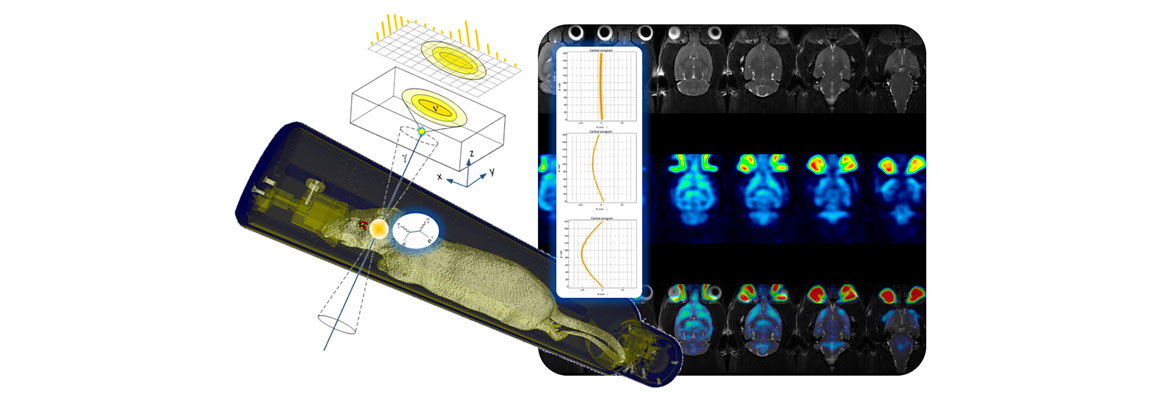

PET Image Reconstruction Overview - Current and Future Trends
This webinar will be a guided tour to PET image reconstruction for the application-oriented user making sense of the sometimes complex reconstruction concepts. The webinar will cover the Pros & Cons and FAQs of PET image reconstruction, from analytical (FBP) to iterative methods (MLEM, OSEM and MAP), from the importance of physical corrections (scatter, attenuation etc) to reconstruction acceleration and noise reduction. In addition, the webinar will give you a glimpse of what to expect in the future with exciting insights into topics like how MRI can make better PET images and how AI can be applied to PET reconstruction.
This webinar took place on May 21st, 2020
Who to Expect
During the first part of the webinar Dr. Josep Oliver will provide an overview all the basic concepts of PET image reconstruction. Josep will cover iterative and analytical algorithms discussing their fundamentals, as well as, their advantages and disadvantages and recommended settings. Key concepts like resolution, noise, artifacts and convergence will be explained in a manner that allows the application-oriented user to understand the impact of reconstruction parameters on quantification and image quality. In the second part, Dr Harry Tsoumpas will discuss the importance of data corrections as part of image reconstruction and then will proceed with an outlook to exciting new PET image reconstruction opportunities arising from the availability of hybrid imaging devices combined with current trends in computer science. Josep and Harry will be available at the end to take questions from the audience.
Key Topics
Fundamentals of FBP
- Basic model and concepts
- Pros & Cons
Fundamentals of MLEM
- Basic model and concepts
- Pros & Cons
Improvements to MLEM
- Accelerating the reconstruction
- Reducing noise
The importance of data corrections in image reconstruction
- Motion correction
- Attenuation & scatter correction
- Correction of other effects
Image reconstruction for quantification
- Dynamic imaging
- Kinetic modelling
Current and future trends
- The role of MRI in improving PET images
- The potential of Artificial Intelligence in image reconstruction
Who Should Attend?
Researchers (including undergraduates, graduates, postdoctoral fellows and principal investigators) and technologists in the medical imaging field and other biomedical sciences who are interested in gaining a better understanding of PET image reconstruction.
Speakers
Dr. Charalampos Tsoumpas, Icahn School of Medicine at Mount Sinai, New York
Dr Charalampos (Harry) Tsoumpas is a Lecturer of Medical Imaging at the University of Leeds and Adjunct Professor at the Icahn School of Medicine at Mount Sinai, New York. He received his Ph.D. from Imperial College in 2008 and, then as researcher at Imperial College and King’s College.
Dr. Josep Oliver
Bruker senior NMI image reconstruction expert
Dr. Josep F Oliver is working at Bruker corp. in the R&D pre-clinical division as a senior NMI image reconstruction expert. Along the last years, his research has focused on the development and implementation of image reconstruction algorithms for imaging systems based on emission tomography; specifically, PET scanners and Compton cameras.